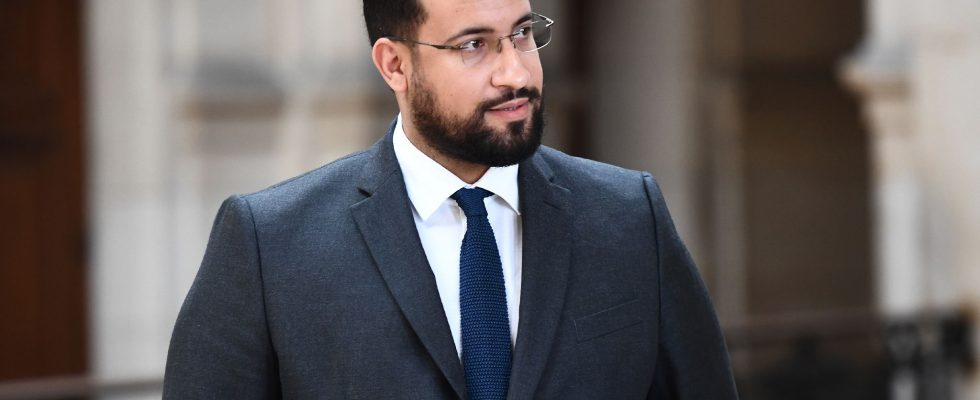The confirmation on appeal of the conviction of Alexandre Benalla reminds us that a little over five years ago, France suddenly stopped filming because the Elysée had fired (too) late a appreciated collaborator of the president, who had the (very) bad idea, on May 1, to tie a demonstrator on the public highway when he did not have the right to do so. Parliamentary commissions of inquiry flourished; we recorded attendance records on their benches; there was vituperation as never before against Macronie; constitutional principles were thrown out the window – these commissions are reputed to control the action of the government and not that of the head of state, even represented by his collaborators… Above all, that was all we talked about. A black hole had opened in public space, which absorbed all the light and indiscriminately devoured everything that passed nearby. Bottom line: among 100 other more or less disastrous consequences, one of the best constitutional reform projects recorded since 1958 had to be thrown into the trash. Discussion had become impossible. General interest had left the speakers. The place was for partisan clashes and for them only. All shots were allowed. France enjoyed the games of this circus and no longer thought of anything else, until the yellow vests offered a new subject for its attention. It was in October. We know the rest.
The passage of time should make us think. On the ridiculousness of it all, on the disproportion between the low objective seriousness of what had happened and the enormity of the consequences which followed; on the terrifying fragility of our democracies, which can indulge entirely in this childishness when the real problems accumulate and threaten our essential balances – I am talking about geopolitics, debt, climate, energy, growth, suburbs, education, health…
Above all, since it is here verified once again by experience that we are thus made, it would be wise to draw a useful lesson for the destiny of the country, especially on the occasion of this other anniversary – the 65th anniversary of the Constitution of the Fifth Republic – on the occasion of which a huge Lépine competition opened where everyone feels the mission to say what should be done to make everything work better.
I see this lesson in distancing passions, especially when it comes to choosing the right way to make laws. Take the referendum, which we hear as if it were the Holy Grail. Let us ask ourselves what would have happened if one had been organized, a few weeks after the Fukushima disaster, to decide on a short-term shutdown of nuclear electricity production. In all probability, the result would have been favorable – the Germans did not even need to consult each other to get to this point because they were so in agreement. However, as we have finally seen since our collective awareness of recent months, we would have bitten our fingers to the knuckle to have made such a crazy decision, because we would have lacked power, an economic future. and possible social and even environmental responsibility given that it would have been necessary, like our neighbors across the Rhine, to run gas and coal power stations throughout Europe in defiance of the most basic ecological reason.
Our English friends, for their part, are pitifully unraveling the consequences of their suicidal Brexit by deploying colossal energy in not admitting to themselves that they have gone astray. In short, it would be better to tell ourselves less abstract stories and accept that if there exists, somewhere, a wise place for the referendum, it is located in the very small world of cold, dispassionate subjects, relieved of the bulk of their emotional and political affects.
The new referendum and parliamentary fanaticism now underway far beyond the natural boundaries of populism are based on the same demagogic indifference to truth, to experience, to history. They will prove themselves to be vandals through denial of reality. It remains to be seen whether it will be too late.
